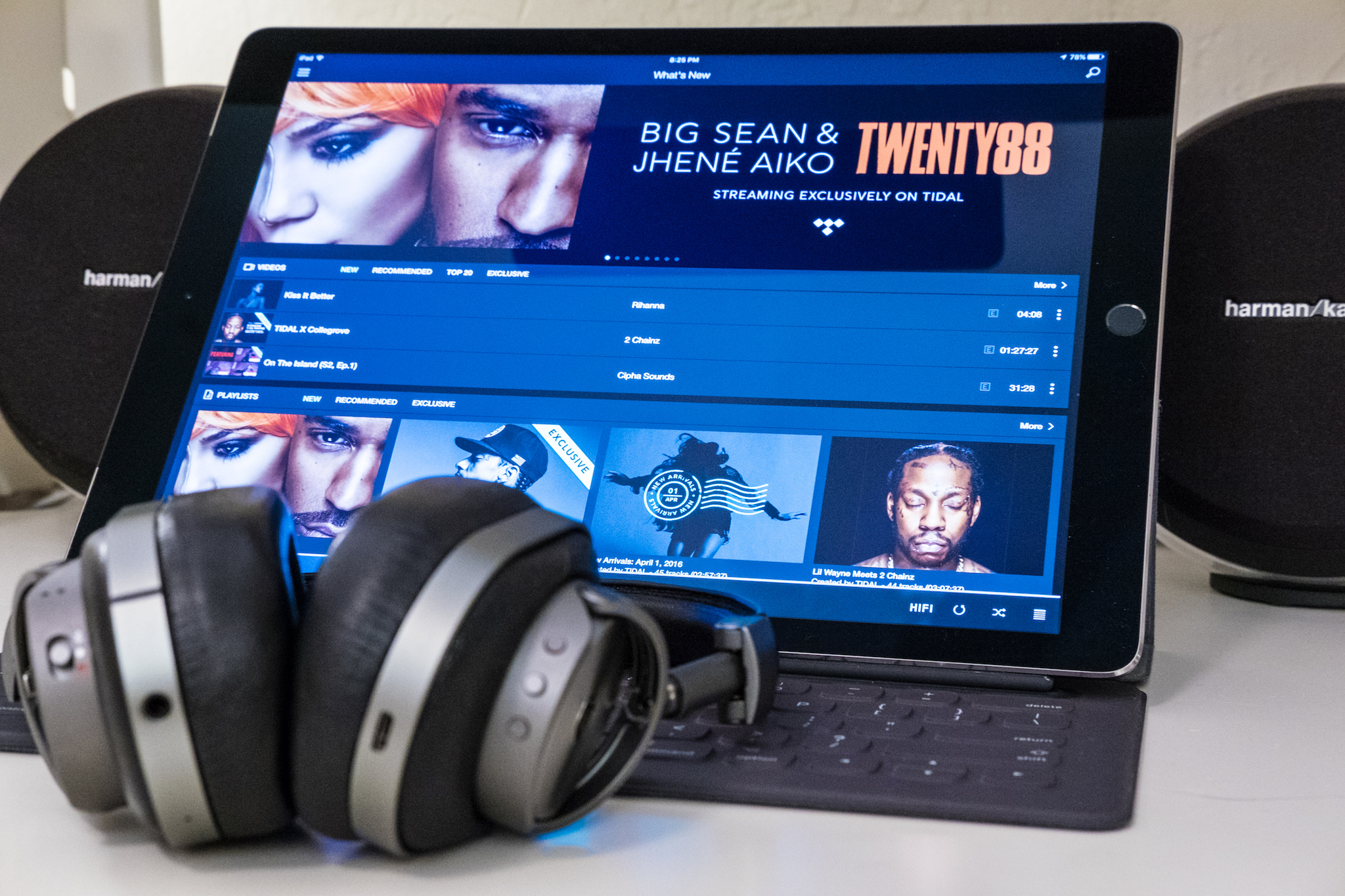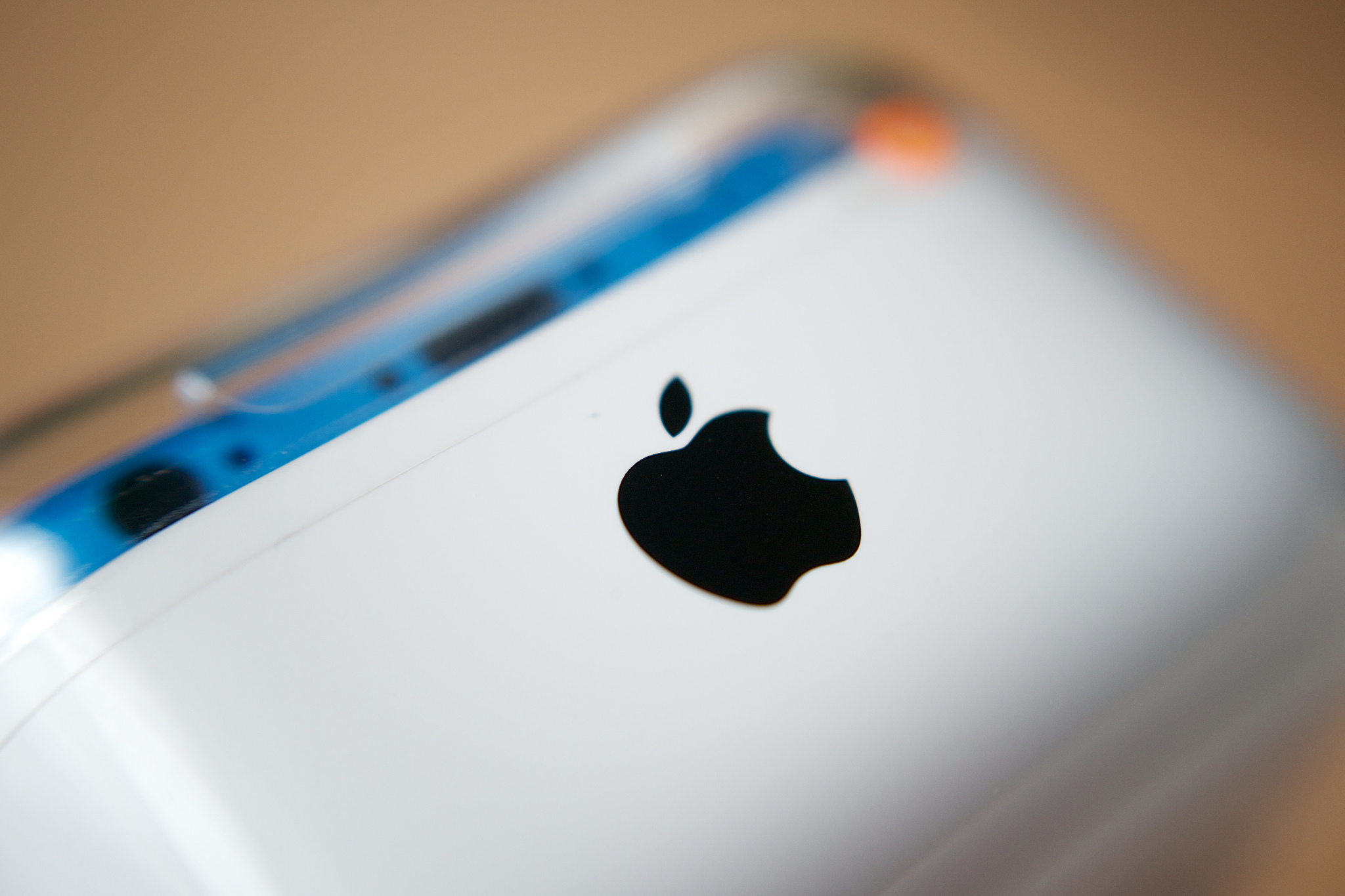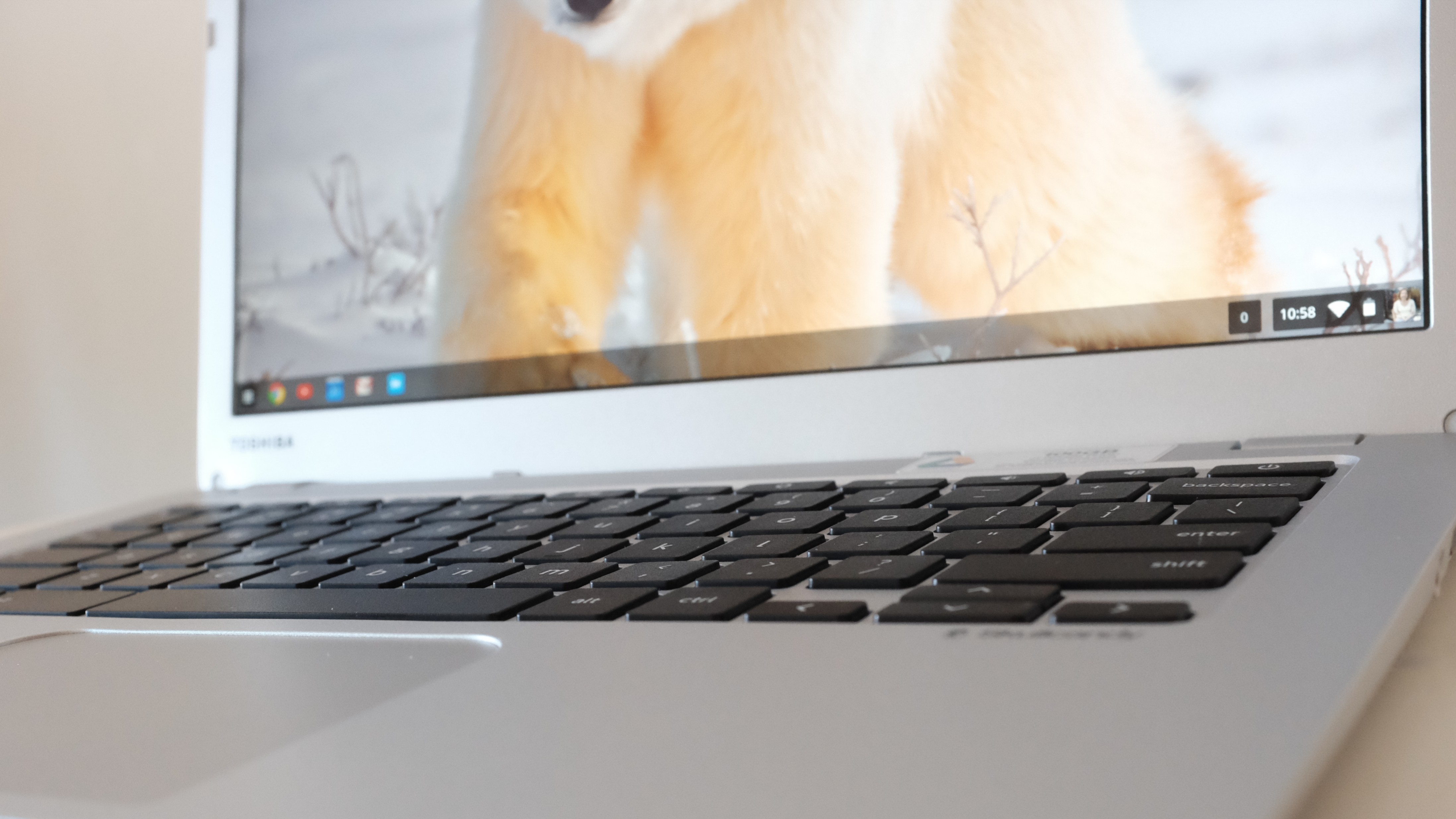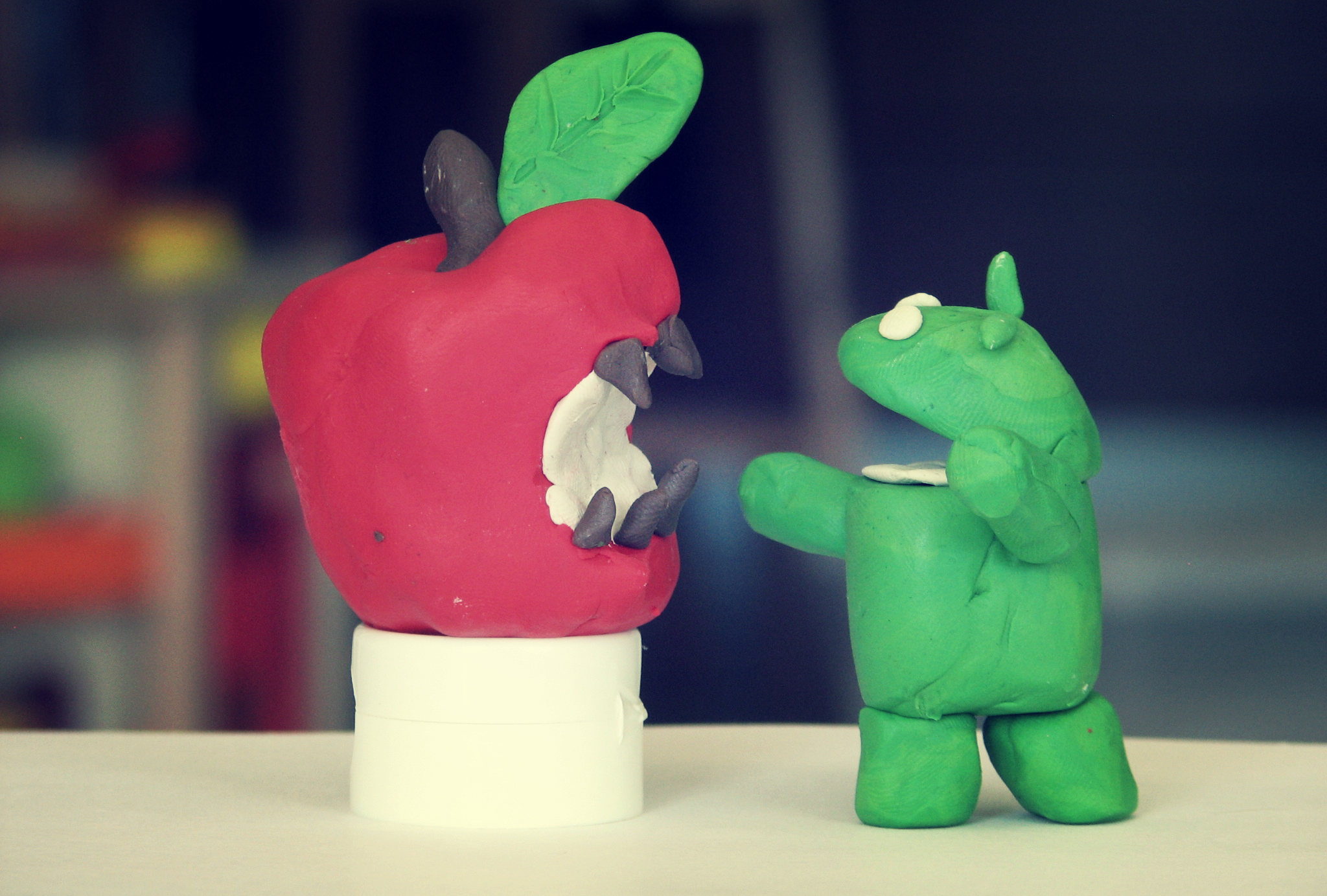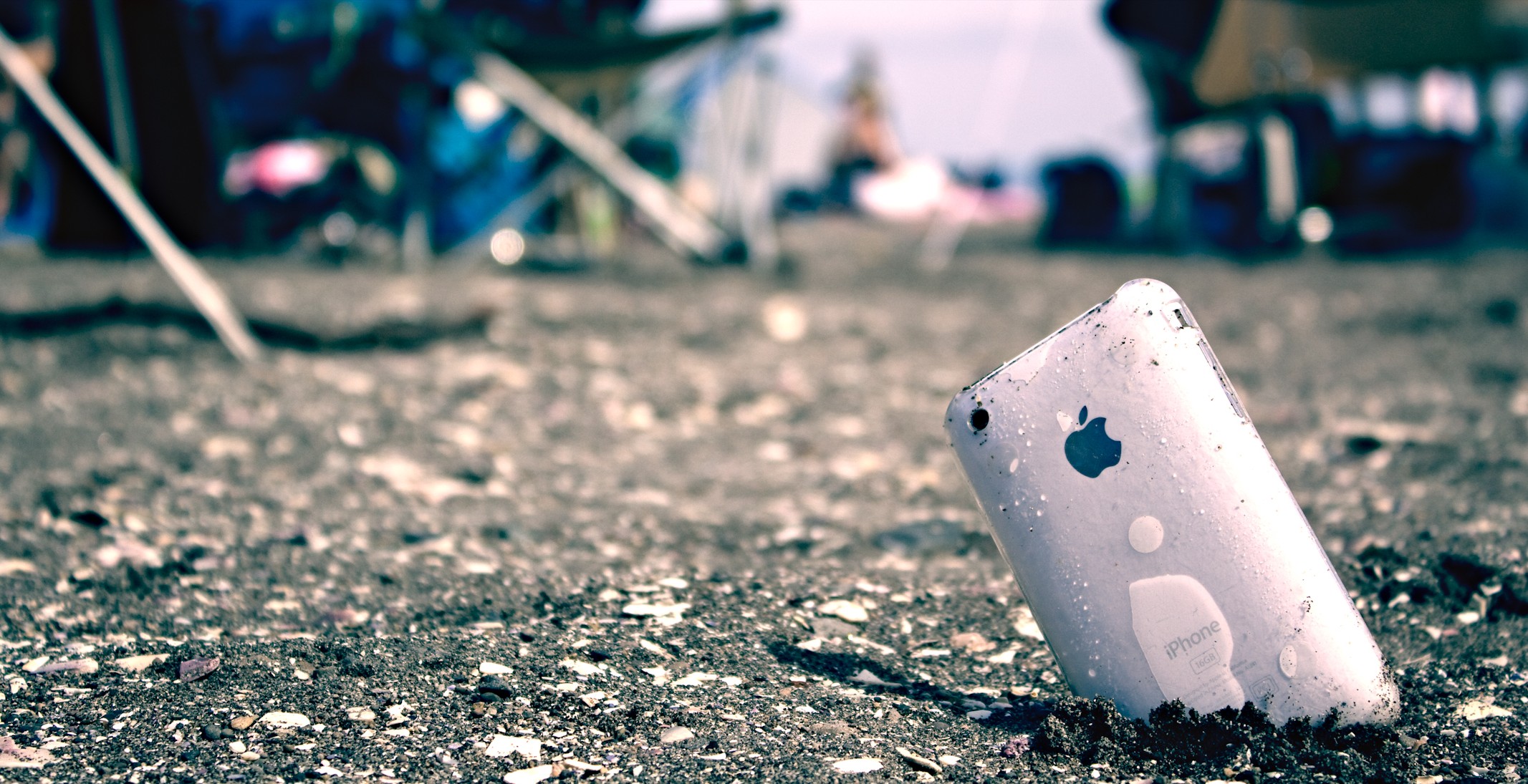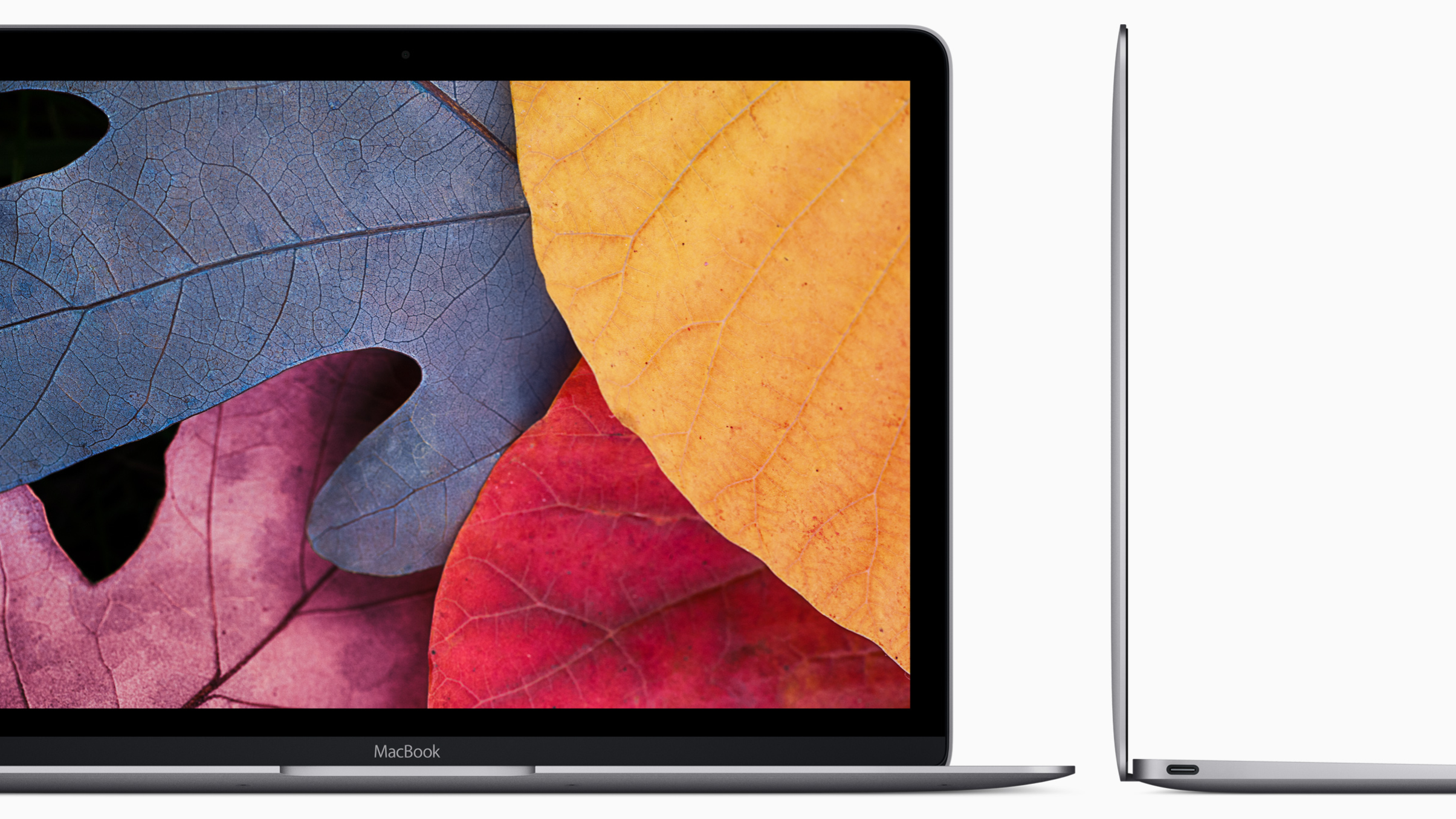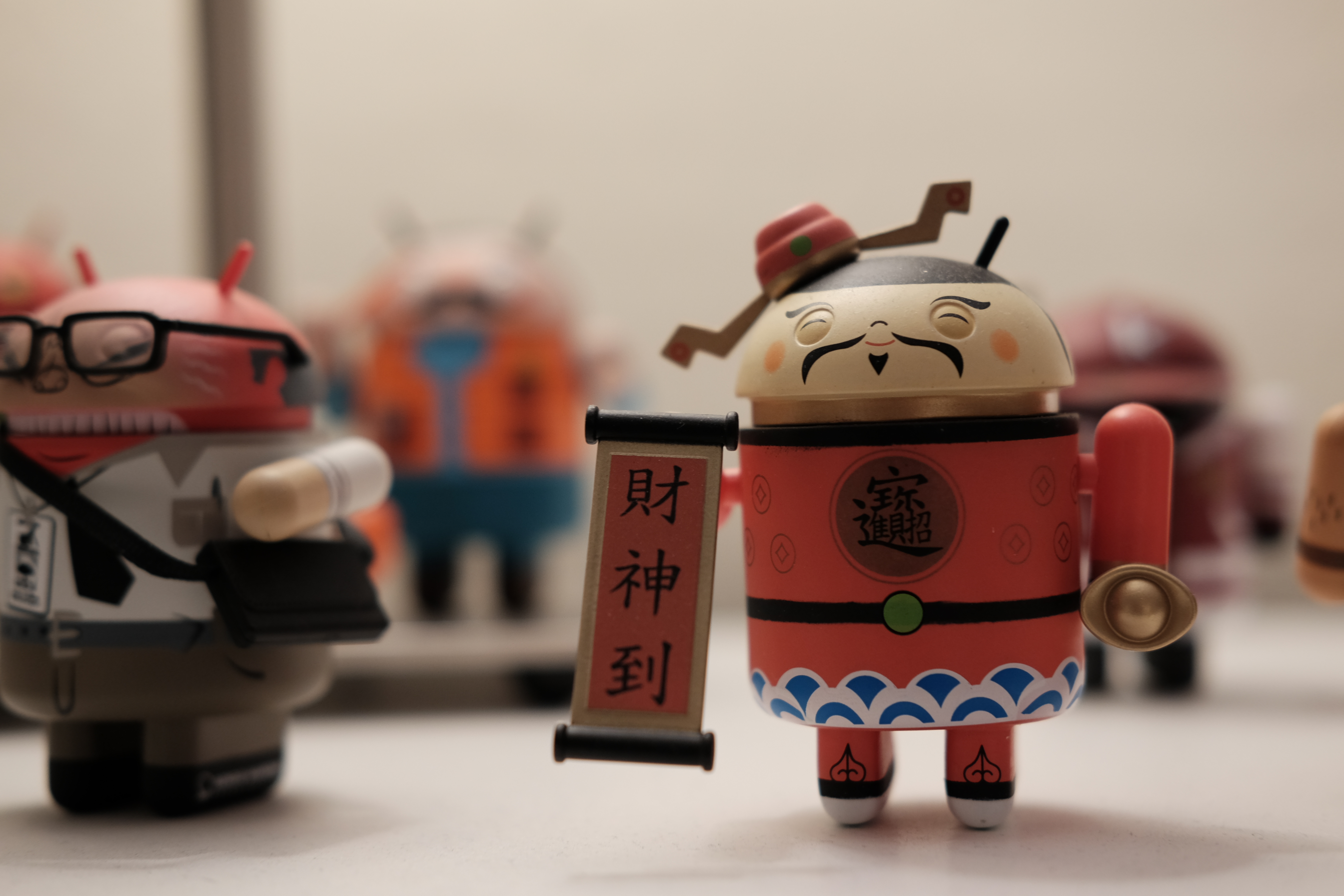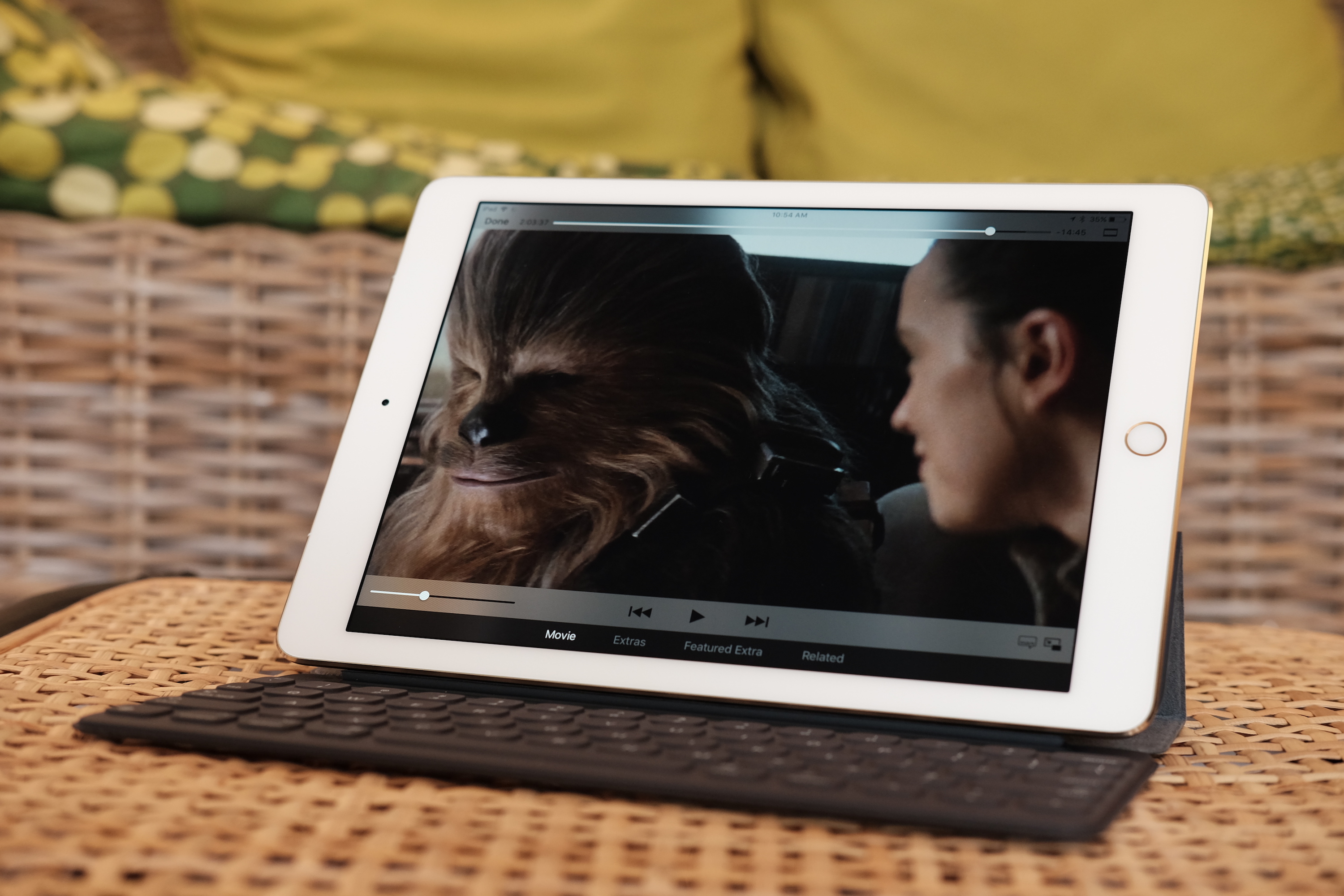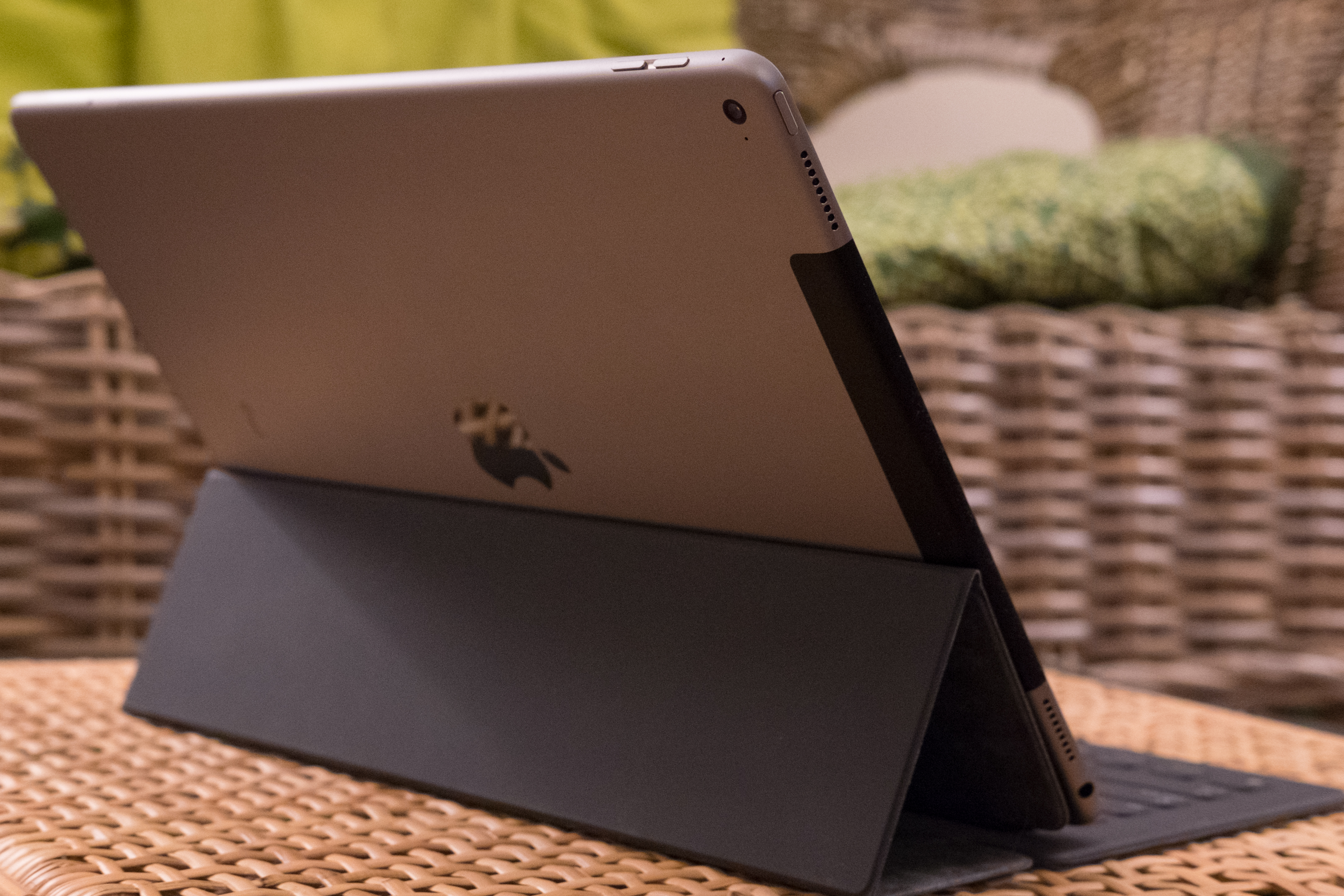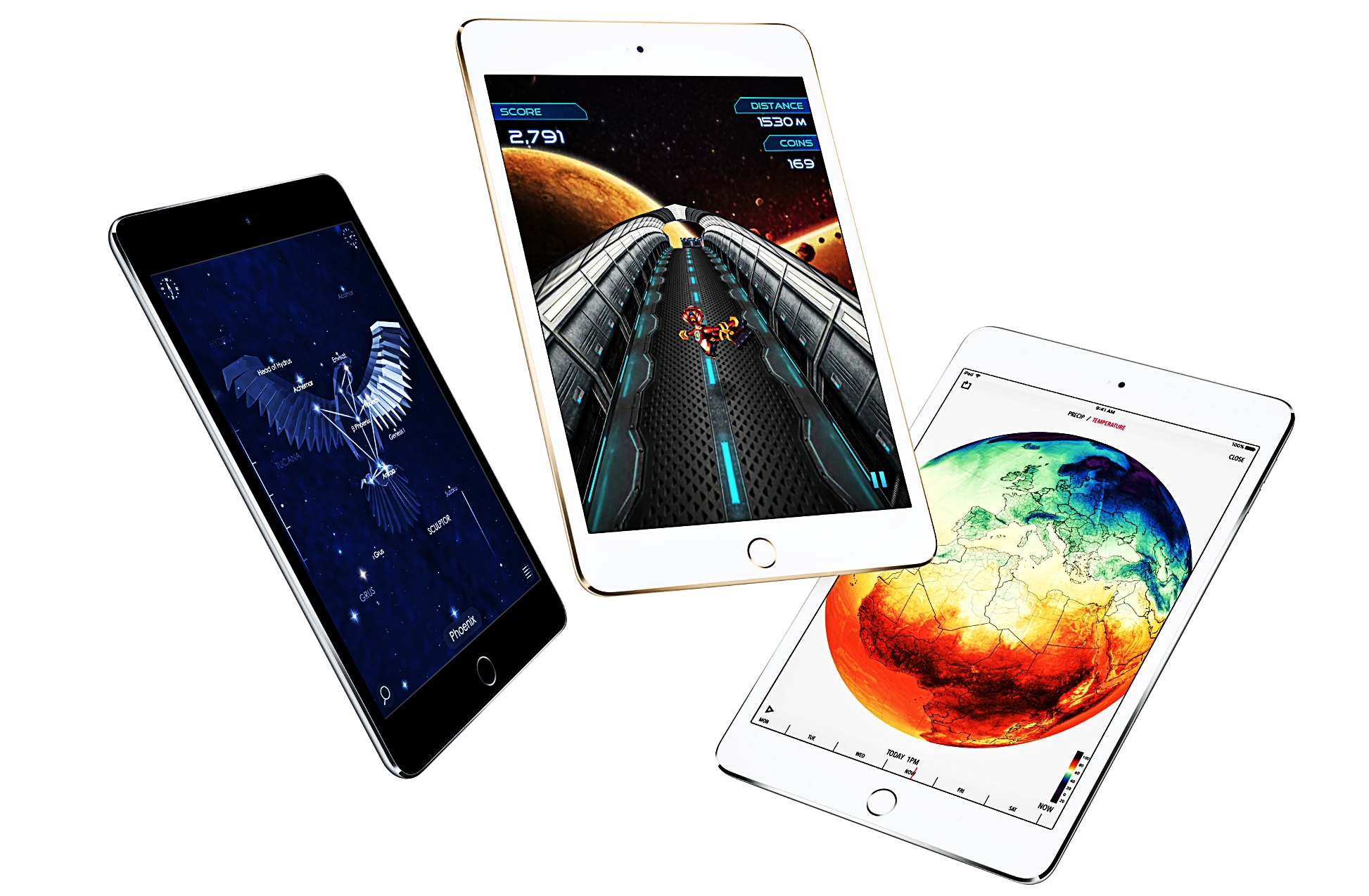As a Tidal subscriber. I welcome Apple acquisition—asssuming lossless tracks are made available through the fruit-logo company’s music services. Not that anyone should seriously believe the rumors. But one can hope.
Merger talks are typically silent affairs. When they’re serious, you don’t hear about them until there is a deal. Reasons are many, with regulatory being among them when public companies are involved. Acquisition rumors often mean something else: Principal party leaks information about preliminary or ongoing discussions to gauge customer and shareholder reaction; one side or the other is dissatisfied with progress/terms and seeks to apply pressure.
